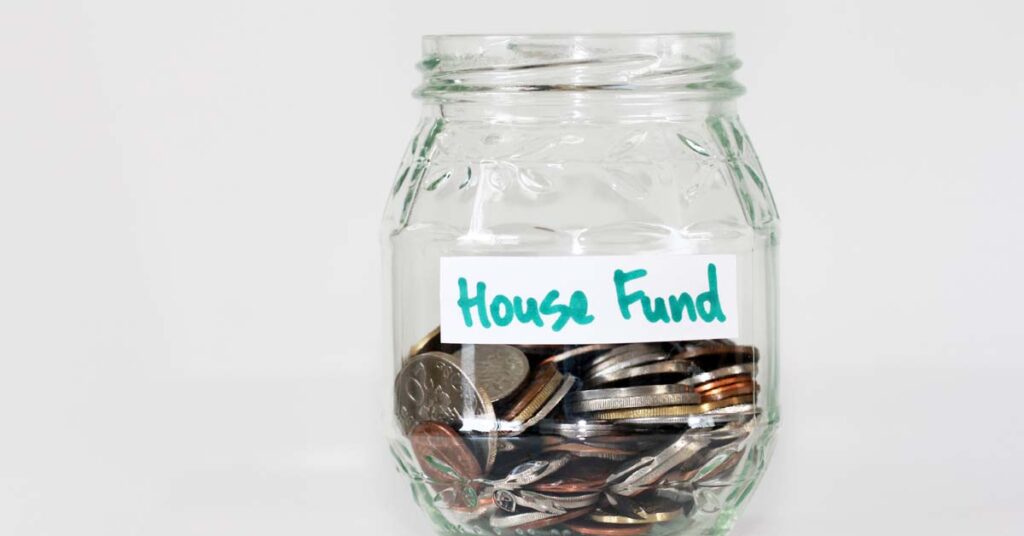When you apply for a home loan with a small deposit, many lenders want to see proof of ‘genuine savings’.
But what does this mean? How do they differ from ‘non-genuine’ savings? And why are they so important?
What are genuine savings?
Genuine savings are funds you have saved over a period of time – typically at least three months.
In the eyes of a lender, this shows you’re responsible with money and can budget. As a result, you are often considered less risky than a borrower with a less diligent savings habit – so your home loan application is more likely to get approved.
What counts as genuine savings?
As a general rule, lenders want to see you’re saving regularly and have the willpower to leave funds untouched for at least three months. So while each lender has its own criteria, the following often count as genuine savings:
- Savings held or accumulated over at least three months
- Term deposits held for at least three months
- Shares or managed funds held for at least three months
- Cash gift held for at least three months
- Inheritance funds held for at least three months
- Any payments you’ve made towards the First Home Super Saver Scheme
- Equity in your current property
What isn’t genuine savings?
Unfortunately, recent additions to your savings account don’t usually cut it when it comes to many lenders’ genuine savings requirements. This usually rules out:
- Gifts, inheritances and other windfalls if they’ve been held in your bank account for less than three months
- Profit from the sale of an asset other than property, such as a car
- First Home Owners Grant
- Money held in business or company bank accounts (genuine savings need to be in your name)
- Borrowed funds, including personal loans
- Short-term cash savings
- Any developer or seller rebates or incentives
Does rent count as genuine savings?
In some cases, lenders will consider rental payments towards their genuine savings requirement. It goes without saying that, to qualify, you’ll need a strong track record of paying your rent on time, every time.
On top of this, lenders will want to see your name on the lease agreement and may also require a signed declaration from a licensed property manager or real estate agent.
How much genuine savings do you need?
The genuine savings requirement typically comes into play when you’re borrowing more than 80% of the property’s value. In these cases, lenders often want you to have a minimum of 5% of the home’s purchase price in genuine savings.
So if you wanted to borrow $400,000 to buy a property priced at $500,000, you would need to have at least $25,000 in genuine savings.
However, the bigger your deposit, the less genuine savings you need – if any at all.
What to do if you don’t have enough genuine savings
Saving for a deposit can be tricky enough without having more obstacles in your path. If you don’t think you’ll have enough genuine savings stashed away, it can be a good idea to work with a partner who knows how to help.







